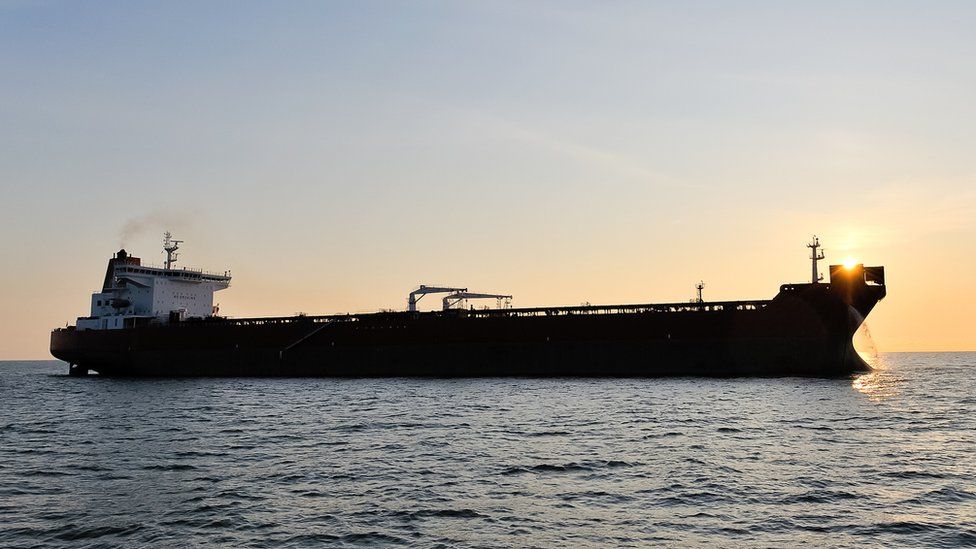ARTICLE AD BOX
 Image source, Getty Images
Image source, Getty Images
The Houthis have been carrying out attacks on ships for more than five months (file image)
By Kathryn Armstrong
BBC News
A crude oil tanker has been damaged in a missile attack off the coast of Yemen - the latest strike to be carried out by the Houthis.
The incident happened roughly 15 nautical miles south-west of the Yemeni city of Mocha.
British maritime security agency UKMTO reported that the Panama-flagged ship was struck twice and suffered damage.
No injuries or deaths have been reported and the incident is being investigated.
According to the UKMTO, the first missile attack caused an explosion near to the ship and was felt by those aboard. The second - thought to involve two missiles - made contact.
Global risk management firm Ambrey said that three missiles had been sighted.
It added that ballistic missiles had reportedly been fired from Yemen's south-western Taiz governate.
The Houthis have claimed responsibility for the attack. The group's military spokesman, Yahya Sarea, said in a televised speech on Saturday that a "British" ship called the Andromeda Star had been targeted, resulting in a "direct hit".
Ambrey reported that the tanker in question was owned by the UK until November 2023.
Its current owner is Seychelles-registered and was engaged in Russia-linked trade - travelling from the Russia town of Primorsk to Vadinar, in the Indian state of Gujarat, when the attack happened.
Ambrey advised ship owners and operators to carry out a "thorough affiliation check" before transiting the area "as the Houthis may associate vessels with out-of-date affiliations".
Since November, the rebel group has been carrying out attacks on ships they say are linked to Israel in the Red Sea and the Gulf of Aden, saying their actions are in support of the Palestinians in Gaza.
The US and the UK have carried out a series of attacks on Houthi targets inside Yemen in response, leading the Houthis to retaliate against ships it believes are linked to those countries.
The rebels' attacks on merchant vessels in the Red Sea have prompted many shipping companies to stop using the waterway, through which about 12% of global seaborne trade passes.

 8 months ago
44
8 months ago
44








 English (US) ·
English (US) ·